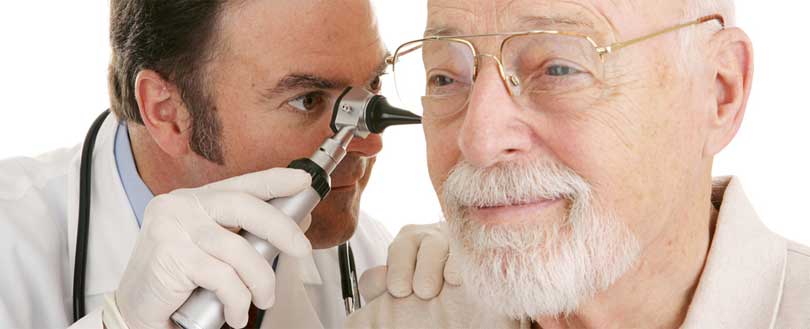Cleaning your ears
- Clean your ears with care
- Wipe the outer ear with a washcloth or tissue
- Do not put anything into your ear smaller than your elbow
- Do not use cotton buds, bobby pins or sharp pointed objects to clean your ears – these objects may injure the ear canal or eardrum
- Earwax is the ear’s mechanism for self cleaning – if you have a build-up of wax that is blocking your hearing, see your doctor to have it removed
- If you experience itching or pain in your ears, consult with your doctor to determine the appropriate treatment
- If you have pierced ears, clean your earrings and earlobes regularly with rubbing alcohol
- Do not place anything in your ears to clean them – if you have problems with your ears see an ear doctor who will perform an ear examination and ear treatment
Ear infections
- Reduce the risk of ear infections by treating upper respiratory infections promptly
- Some illnesses and medical conditions can affect your hearing – if you experience sudden hearing loss or persistent noise in your ears or head, see your doctor
- Drainage from the ear is not normal and should be evaluated promptly
- Some medications can affect hearing – take medications only as directed, and consult your physician if you experience unusual hearing, balance symptoms, or ringing in the ears
- People with repeated ear infections often benefit from seeing an ear specialist who will perform an ear examination and ear care
General ear care
- Have your ears checked regularly by your local doctor and your hearing checked regularly by an audiologist
- When outdoors in sunny weather, remember to use a sunscreen on your ears
- If you notice unusual bumps or scaly areas on the exterior ear, consult your doctor immediately




